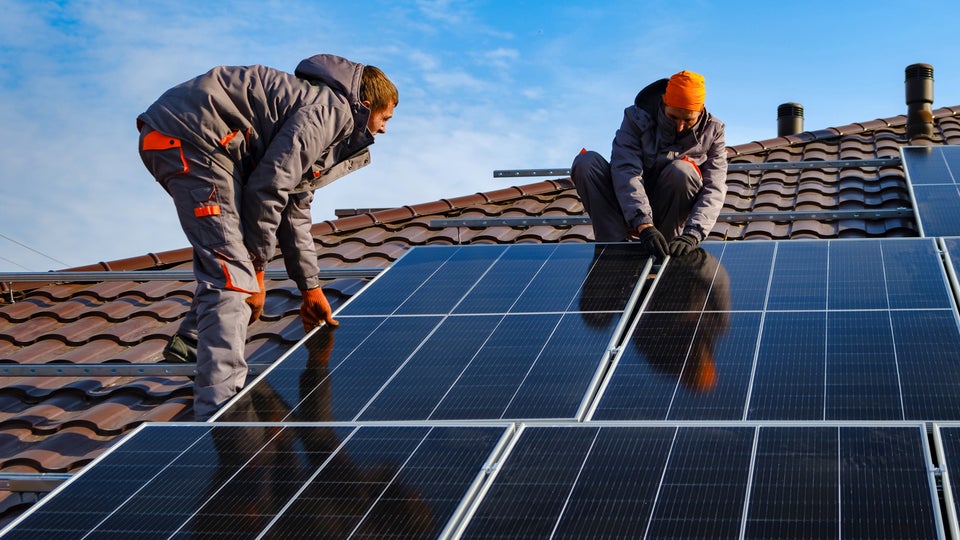Solar panel delamination refers to the separation of layers within the solar panel’s construction. This can occur for various reasons and can negatively impact the panel’s performance and durability. Delamination is a complex issue that can have multiple causes, including:
- Manufacturing Defects: Poor manufacturing processes or inadequate quality control during the panel’s production can lead to delamination. Insufficient bonding between layers or the presence of contaminants can weaken the panel’s integrity.
- Moisture Infiltration: Moisture can infiltrate the panel through gaps, cracks, or improperly sealed edges. Over time, moisture ingress can cause layers to separate as temperature fluctuations and expansion/contraction cycles exacerbate the problem.
- Thermal Cycling: Solar panels experience temperature fluctuations daily, and these thermal cycles can stress the materials and adhesive bonds. If the materials have different coefficients of thermal expansion, the repeated expansion and contraction can lead to delamination.
- UV Radiation and Weathering: Prolonged exposure to ultraviolet (UV) radiation, rain, wind, and other environmental factors can degrade the materials used in the panel’s construction, weakening the adhesive bonds and causing delamination.
- Poor Adhesive Quality: The adhesive used to bond the layers of the solar panel might deteriorate over time due to exposure to heat, moisture, UV radiation, or other environmental factors, leading to delamination.
- Mechanical Stress: External forces like hail, impact, or strong winds can cause physical stress to the solar panel’s surface, potentially leading to delamination.
- Installation Issues: Incorrect installation techniques, such as using improper mounting equipment, over-tightening bolts, or uneven pressure distribution, can lead to mechanical stress that contributes to delamination.
- Age and Wear: Solar panels degrade naturally over time due to exposure to various elements. As they age, the materials may become more susceptible to delamination.
Delamination reduces the efficiency of the solar panel by disrupting the transmission of light and can lead to other issues like reduced power output, increased susceptibility to further damage, and even safety concerns if the panels are compromised.
To minimize the risk of delamination, it’s important to invest in high-quality solar panels from reputable manufacturers, follow proper installation guidelines, and perform regular maintenance to detect and address any signs of delamination or other issues promptly.


